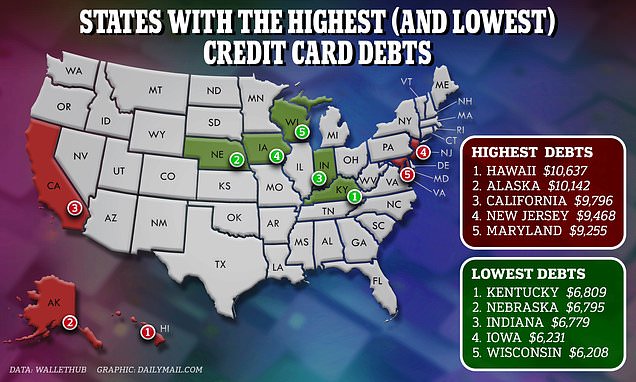gianmarco
Footballguy
I've been using them for a few years. I even had a mortgage with them for about a year or two before I refinanced an even lower rate.Have you used them? Looks like they are a subsidiary of First Citizens Bank. I don't know them or their service. I have ~40k at 4.30% now and it might be nice to get an extra $25/month in interest.CIT HYSA -- 5.05%Can you link them again?There's no restrictions and rates can change, but the one I've linked a few times, I've been with them now for a few years. They've consistently been higher than everyone else. And they've consistently increased over the last 2 years. Since I last linked a couple weeks ago, it's gone up another 0.1% and it's over 5%.If I was going to do it, I'd go with one of the bigger names. Discover, Ally, Marcus, and maybe not as big but Laurel Road as I have a relationship account via student loans. Laurel Road is currently the best of those at 4.88. But if the Vanguard Federal Money Market is hitting 5+%, I think I'd rather just have the money there.Opening a HYSA account takes minutes. What's 1 extra account vs earning 0.5% more that's completely liquid and hassle-free?I personally favor the HYSA/Money Market route. Mainly because of the liquidity differences.my 18yo works at our local credit union mentioned to me this morning that his credit union is offering 8 month CDs at 5.41%. I’ll probably sell our I bonds in September and buy 20k. That’s either part of our next vehicle fund or EF.
It was either that or roll half into our 5% HYSA and half into our equity pie. Not real sure, it’s probably a coin flip unless the HYSA drops the rate.
0.41% isn't worth locking the money up. If I had a HYSA account getting 5%, I'd do that. I currently don't, and REALLY don't want to put money into yet another place. We're spread across Prduential, Fidelity, Vanguard, Schwab, Ameritrade, and Treasury Direct. Not to mention the local bank. Gotta cut down.
So I'm throwing extra cash into the Vanguard Municipal Money Market. The Municipal Money market funds are Federal tax exempt. For Vanguard, The tax equivalent yield is around 4.5% currently.
My understanding is some of the banks with HYSA will shoot up to the highest rate to draw money in, then drop back below the pack. Is that fair to say? Are there regulations/restrictions on how often they can change the rates on you?
I think you've talked me into it. Once I Switch jobs in November, I'll move my Schwab and Ameritrade to Fidelity and that will cut down on 2. My wife's Prudential account takes zero energy. It's on autopilot. So you're probably right, what's 1 more at that point.
Also--while very small--there IS an expense ratio tied to the money market accounts. And that is going to eat into the gains.
Hilariously, I told you I would probably do Laurel Road since I have an account and experience with them. I have an account with their Mohela branch which handles student loans. But to start a HYSA, I'd have to make a new account on the main Laurel Road website. While googling reviews and such--there are a lot of instances of them freezing people's accounts to do a fraud review. One person on Reddit claims they were frozen out for 2 months. I don't plan on needing the money in 2 months, but I don't need/want the anxiety that comes with that.
They don't have brick and mortar, it's all online so they have costs and pass it along as higher savings. I've had zero issues. Keep a nice chunk there, it's FDIC insured, and I do a few transfers as needed almost every month without problems.







